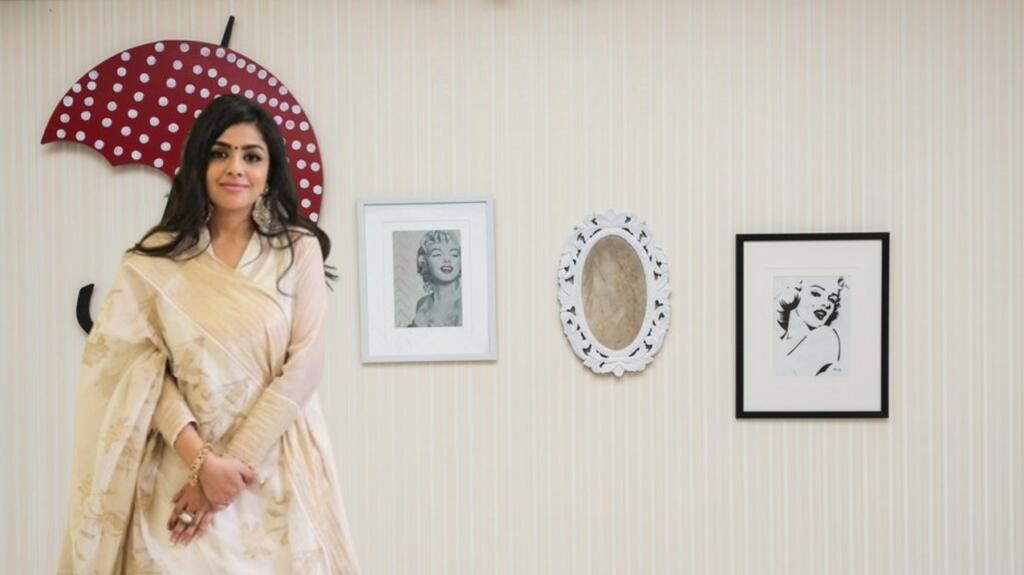- The seed of entrepreneurship is reaching tier II and tier III cities of the country like Lucknow, Jaipur, and Patna where people are building new companies aimed at solving old problems.
- The Startups have been able to defy the cyclical slowdown as the investors had made huge bets on them, excited by the favourable government policy.
- Delhi-NCR (includes Noida and Gurugram) has emerged as the largest startup hub of the country, taking over Bengaluru, the Silicon Valley of India.
In the last decade, Indian entrepreneurs have taken the world by storm. From India to the United States, Singapore to the United Kingdom, wherever Indians are in good numbers and the environment is conducive to entrepreneurship, the number of new innovative companies is going up exponentially.
India has become the third-largest entrepreneurial ecosystem in the world after the United States and China, but even in countries like the United States and the United Kingdom, a good number of unicorns are built either by people of Indian origin or Indian passport holders. The seed of entrepreneurship is reaching tier II and tier III cities of the country like Lucknow, Jaipur, and Patna where people are building new companies aimed at solving old problems.
One such entrepreneur is Ankita Jaiswal, who through her company Brio Art and Cafe Gallery, has provided employment to more than 250 artisans and craftsmen. India has more than 3,000 craft forms to offer. Each state has its own ethnic product. Indians are appreciative of global art and culture but do not know enough about local art and craft. And this pained Ankita Jaiswal so much that she decided to solve the issue.
Almost every big city of Uttar Pradesh has unique arts and crafts to offer. Artisans from Moradabad work on brass creations, those from Agra are involved in marble and statue crafting; women artisans from Kannauj work with natural colours, make embroidery, silk cushions, curtains, etc.
In the last few years, the investors have made huge bets on the Startups even if they are making losses. If the VCs are sure about the long-term future of the venture, a loss in the short term does not matter to them. The Startups have been able to defy the cyclical slowdown as the investors had made huge bets on them, excited by the favourable government policy.
The conducive policies at the Union government as well as by the state governments in states such as Karnataka, Gujarat, Delhi, Uttar Pradesh, Telangana has ensured that Indian cities are on the global startup map. Today the country has more than 90 unicorns (companies valued at more than 1 billion dollars) and the number is growing exponentially. North India, which has been traditionally backward in terms of economy and industry, is slowly filling the gap by providing a conducive environment for new companies.
Delhi-NCR (includes Noida and Gurugram) has emerged as the largest startup hub of the country, taking over Bengaluru, the Silicon Valley of India. Women are making an entry into the area that has been traditionally dominated by men. Entrepreneurs like Falguni Nayar and Ankita Jaiswal are leading the charge and they have become role models for the other women who want to create wealth for the country and society by solving India’s age-old problems.
Entrepreneurs of the country have suffered for a long time due to License Raj. The unnecessary bureaucratic interference at every step of business development became counter-productive for the Indian economy. However, the short socialist regime could not alter the entrepreneurial energy embedded in Indian culture for thousands of years.
Read More: How a startups friendly Modi-govt is motivating Indians to be a leader in entrepreneurship
As the government liberalised the economy given the balance of payments crisis, the economy came on track and the country is witnessing near double-digit growth for the last two decades. The number of startups is growing exponentially every year, and many of these companies are expected to become the bedrock of the economy in the next few decades.
